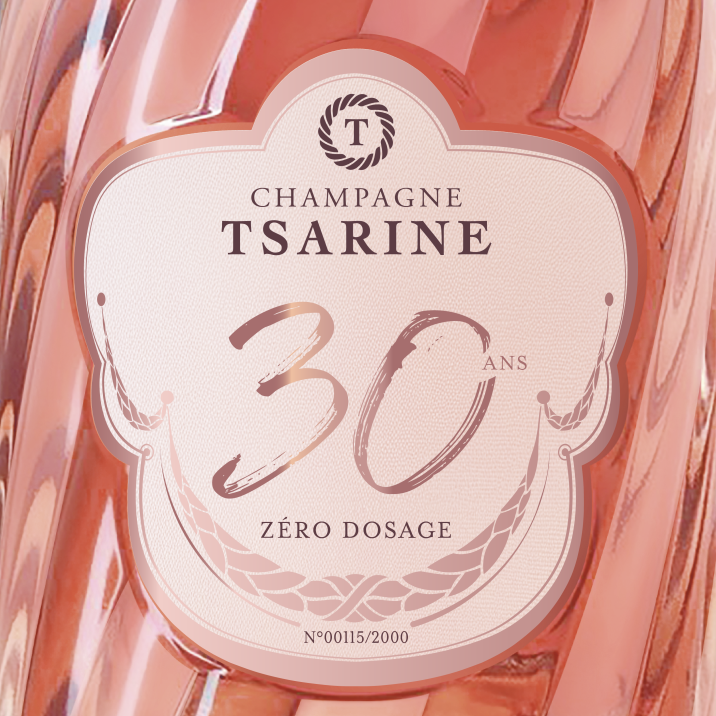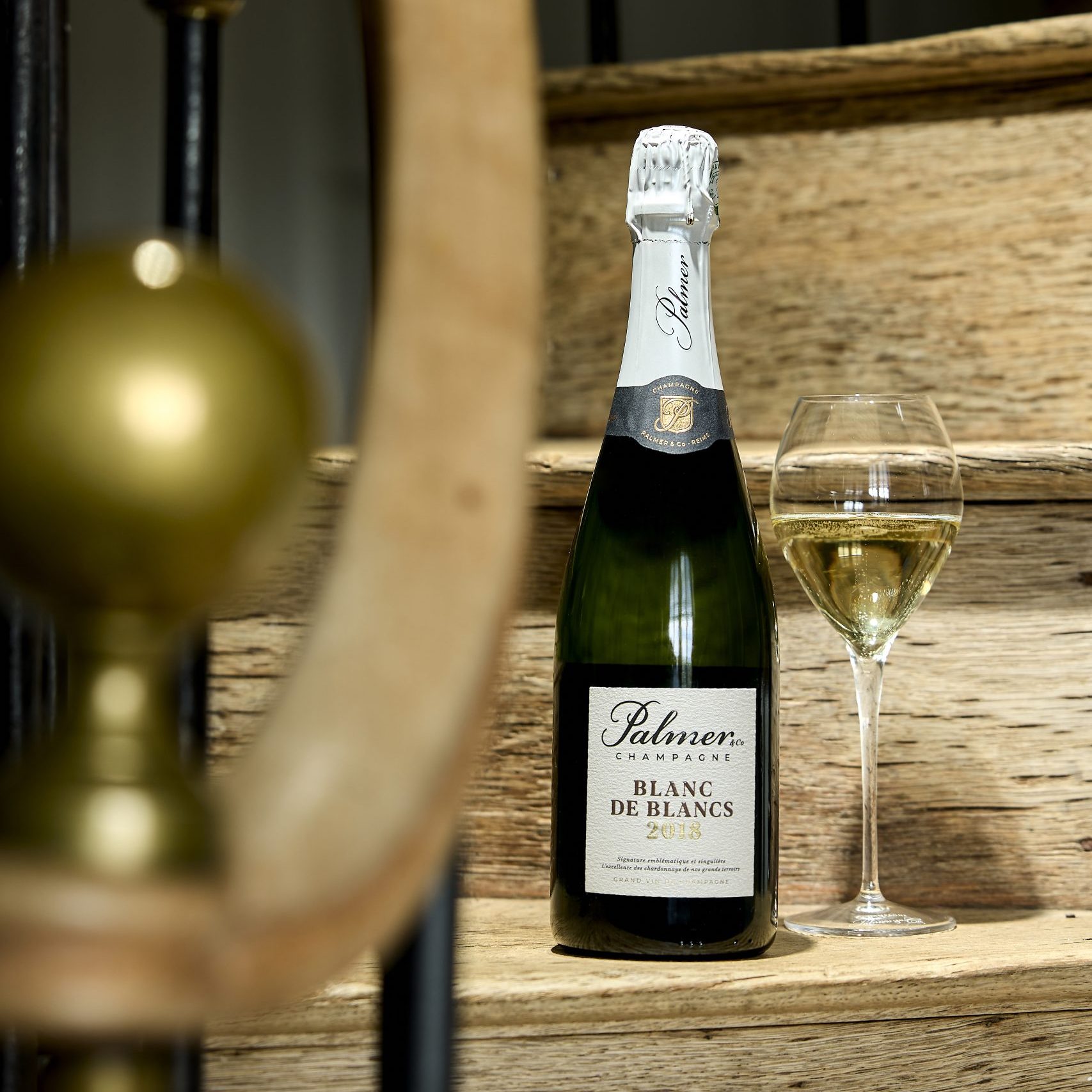Cambridge vs fine wine
Now that the NFL season is over I have to find other strange topics to occupy my time and relate them to wine in the most tenuous ways.
Luckily, the UK wine press was recently given a chance to climb on board the outrage bus at the news that the University of Cambridge spends nearly £3 million a year on wine.
The report came through a freedom of information request from The Telegraph, the editorial team of which obviously had too much time on its hands that day.
The college that had spent the most on wine (King’s) was then subject to what is probably termed “affirmative student action” (or something) by a group of excitable (Cambridge) students chanting “Wages not Wine” after it also emerged that King’s still has 100 members of staff being paid less than the living wage.
If this story had taken place at Oxford, glittering alma mater of the prime minister, David Cameron, mayor of London, Boris Johnson and co. plus the home of the Bullingdon Club, the national press would’ve gone ape.
There are many things to say about this situation but it’ll take us some 400 words off-topic which is what happened to the first draft so I shall spare you a rant.
Not being an alumni of Cambridge or indeed any other university, I largely ignored the brouhaha that had so predictably been whipped up for the sake of it until a former Cambridge student mocked up a graph showing colleges’ wine budgets compared to the percentage of firsts attained by students.
It has caused a minor social media sensation and made an appearance in Varsity.Evidently, it was perfect material for a bit of nonsense wine writing.
Seizing on the notion that anything with a graph is essentially fact and continuing in the vein of bizarre and pointless correlations between fine wine and arbitrary subjects, I present: “Your chances of getting a first from Cambridge if your college has a good cellar”.
Let’s consider “The Graph” – as it shall now be known.
Clearly the young Cambridge under-grad has two stark choices. Do you want to pass or do you want to party? Both of course but now that’s it been mapped out the choice is more academic. It’s, like, science.
Weigh up your options. It’s clear that there is a correlation between wine and educational success but not, sadly, much evidence of causation.
If I were to say there were (and I shall), the incontestable levels of non-science emanating from “The Graph” should be strong enough to fell a moderately sized elephant. “The Graph” visibly shows that there is a rise in the percentage of first class degrees as the value spent on wine increases.
You will agree that the age and tradition of scholarly excellence of the older colleges and therefore the better class of student they attract have no bearing, whatsoever, on why they are top of the list for both wine expenditure and firsts?
No? Well, just for the hell of it, let’s take my version of reality.
The theory hits a bit of a bump straightaway in the middle section, no thanks to the inmates of Sidney Sussex and Gonville and Caius colleges evidently being a bunch of slackers despite a decent wine budget but otherwise it holds water pretty well.
With this in mind, consider once more “The Graph”. Clearly you don’t want to be in Hughe’s Hall, St Edmund’s or Murray Edwards as they spend the least on wine and have pretty average numbers of firsts, 13.2%, 13.4% and 13.9% respectively. Homerton (16%) and Newnham (15.8%) are skating on thin ice too.
Partner Content
So don’t go there or you’ll have a rubbish degree and be sober through the whole ghastly experience or, even worse, drinking bad wine.
Fitzwilliam clearly punches above its weight in terms of wine and degrees with a ratio of a 21% firsts rate and a wine budget of just under £50,000.
On the other hand, that merely proves they’re working too hard and are probably teetotallers so steer clear if you want to have a good time.
A more solid middle ground is occupied by Churchill (28%:£90,000) and Peterhouse (27%:£88,000), while Pembroke and Emmanuel with their budgets of over £100,000 and decent number of firsts (see below) holds them in strong contention for students concerned with both academic and bacchanalian excellence.
At the other end of the spectrum we need to exclude King’s. Even though it spends the most on wine, £338,559 in 2013, with a 25.9% firsts rate it has a pretty poor record for grades when compared to Queens’ (26.3%), Emmanuel (30.5%), Pembroke (33.7%) and even Jesus (27.1%).
“So it ruins your theory and so you want to ignore it?” I hear you cry
Yes, but I will also stress that King’s is very obviously an anomaly. Evidently King’s students have decided they’re going for the, arguably more heroic course, of gaining a third and have consigned the rest of their time to getting legless before they inherit Scotland in a post-graduate world.
So cut them out and possibly St John’s for the same reason and to make things neater and there, shining like a beacon at the top is that fine institution – Trinity College.
Admittedly it spends less money on wine than St John’s and King’s but a whopping 41% of students attain first class honours.
It is the obvious pinnacle and, like the best wine, represents a harmonious balance twixt philosophical study and getting trashed. Well done Trinity.
The only college that refused to release its figures was Lucy Cavendish. Clearly they’re embarrassed by the rate of firsts (13.4% in 2013 according to Tompkin’s Table) and have concluded, like me, that this is because they aren’t spending enough on wine and so declined to talk about it.
So you don’t want to go there if you’re a budding don either. And if you’re a man you can’t anyway because Lucy Cavendish is the only institution of higher education in the UK which excludes students on the basis of their sex.
Otherwise, there you have it, another empirical link between wine and a random subject proved.
But, budding Cambridge applicants, don’t blame me if you drink your way through university and don’t get a first – correlation not causation remember.




